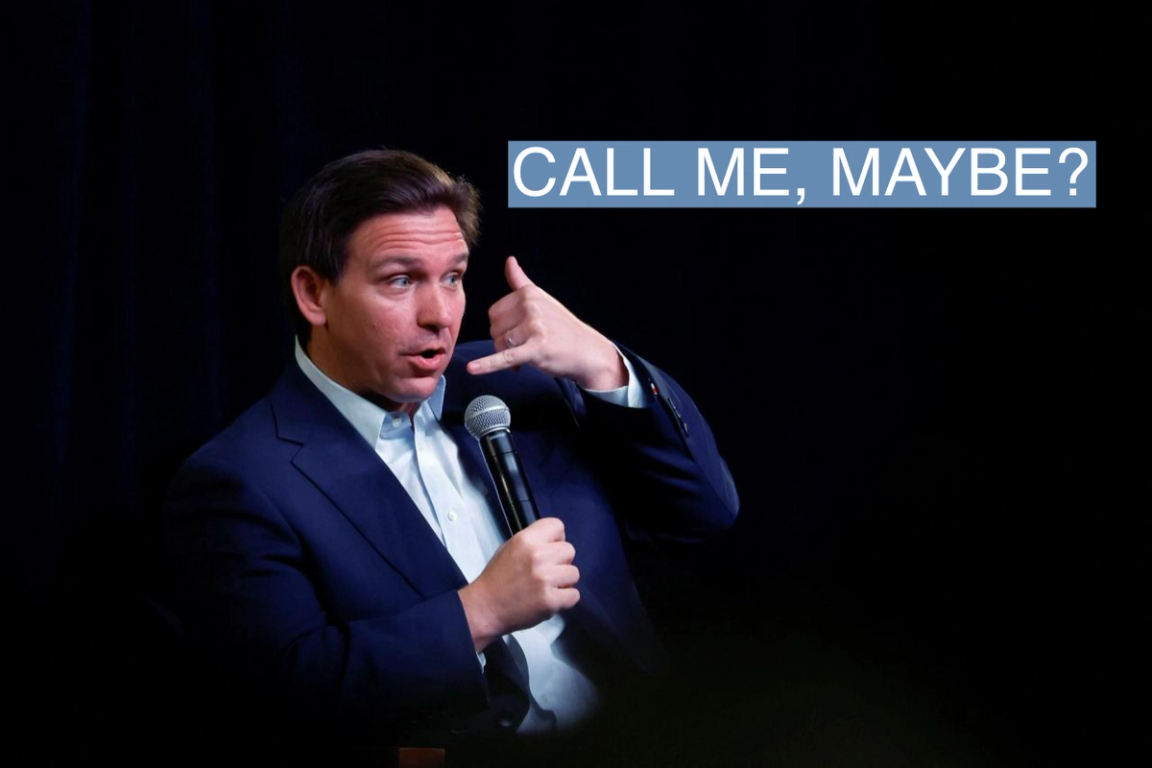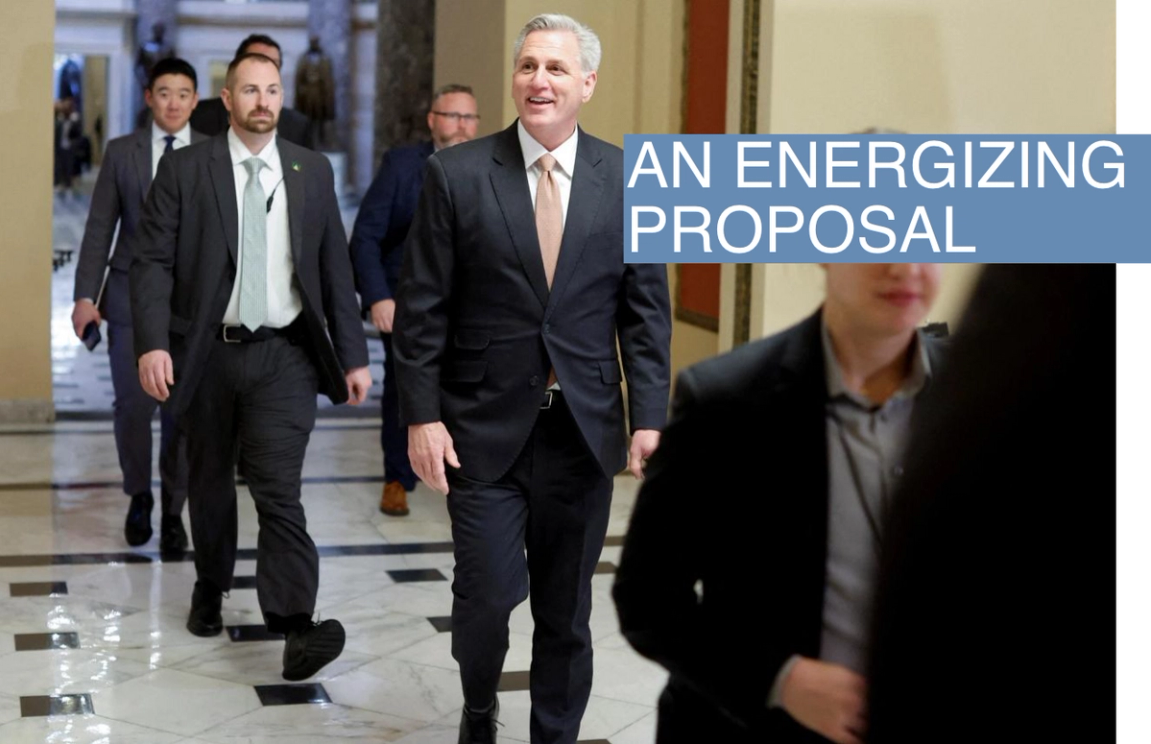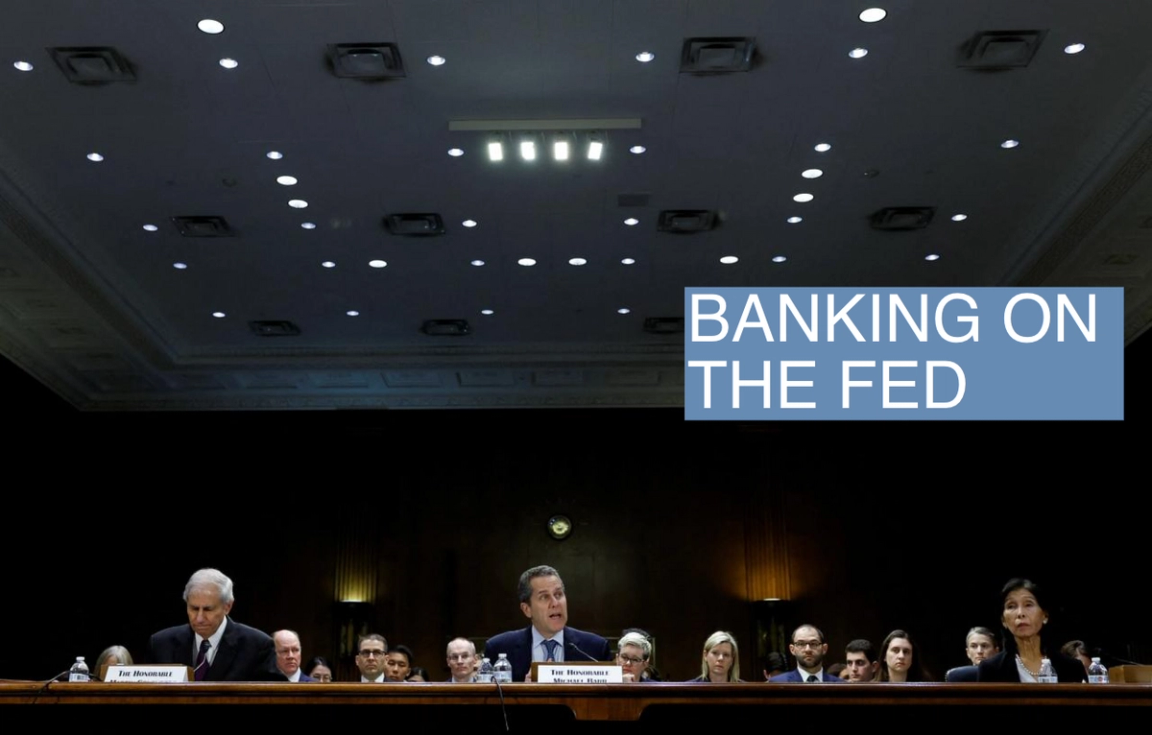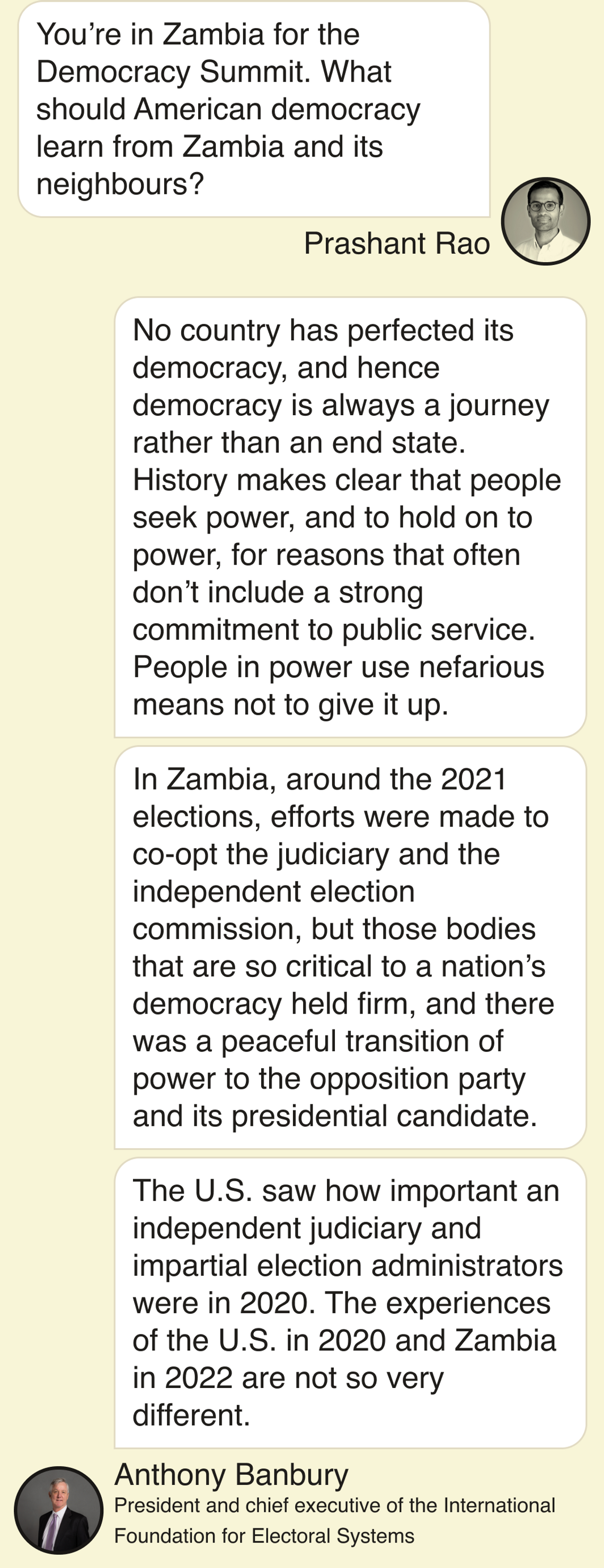 REUTERS/Jonathan Ernst REUTERS/Jonathan ErnstTHE SCOOP If you’re waiting for a text or email back from Florida Gov. Ron DeSantis, don’t hold your breath: The governor, at least in his official capacity, doesn’t text or email, according to two people familiar with his operation. In place of digital communication, DeSantis communicates exclusively with face-to-face meetings or calls. If he wants to schedule such a meeting, he’ll pick up the phone or have his team help organize it. The governor’s office confirmed DeSantis’s aversion to (now) traditional means of communicating, telling Semafor that he prefers in-person conversations because the topics discussed are often nuanced and detailed. SHELBY’S VIEW Sources pointed to Florida’s unusually broad laws allowing the public access to a whole host of information — the Sunshine Law and the Public Records Law — as another possible reason why DeSantis avoids electronic communication. The combined laws grant access to records and detailed information on government proceedings and meetings. “He is enemy number one for a lot of people,” one source said of DeSantis, adding that the governor had nothing in particular to hide. “I think that’s more of taking a ‘better safe than sorry’ approach.” In fact, when you email with the governor’s official office, a disclaimer alluding to the law can often be found at the bottom of emails: “Please note that under Florida law correspondence sent to the Governor’s Office, which is not confidential or exempt pursuant to chapter 119 of the Florida Statutes, is a public record made available upon request.” DeSantis’s preferred method for communicating effectively narrows his already tight inner circle and has helped ensure that his administration almost never leaks. He’s far from the only Florida governor to have tailored their administration’s approach to dealing with its transparency laws. DeSantis’ predecessor, Sen. Rick Scott, implemented a no-texting rule during his time as governor. His chief spokeswoman at the time told The Times/Herald, which had requested a host of text messages from his office in 2016, that they discouraged “the use of text messaging (for) state business by employees because text messages are hard to catalog due to the digital nature of the message.” Meanwhile, former Florida Gov. Jeb Bush, a prolific emailer who gave his jeb@jeb.org address out publicly to constituents, took an entirely different approach to the “Sunshine” laws. While considering a 2016 presidential run, he released over 275,000 emails from his governorship in an effort to promote transparency — and likely because he figured the media would be requesting the information anyway. “Texting really wasn’t a thing back then,” Justin Sayfie, who worked as Bush’s spokesman and top policy advisor during his time as governor, told Semafor. “And it’s an adjustment — over time, you’d learn. When the public record requests start coming in, you learn to be careful about what you put in an email. Not because there’s anyone doing anything wrong. Excerpts from emails can be taken out of context, or put in a context that they weren’t intended to be put in.” As Sayfie noted, the transparency laws are much broader than many other states. In 2016, Poynter described Florida as “one of only a handful of states that has both a constitutional and statutory right of access to the meetings and records of its government.” ROOM FOR DISAGREEMENT Not everyone takes such a charitable view of DeSantis’ decision not to text or email. Michael Barfield, the director of public access at the Florida Center for Government Accountability, argued that he “has a worse record on transparency than any governor.” His group has criticized DeSantis for taking a narrower interpretation of the state’s Public Records Act and releasing information at too slow a pace. He’s also suspicious of administration claims they don’t have email or text records. “We’re not convinced of that. We believe that it’s virtually impossible for anyone these days on this planet not to engage in electronic communication,” Barfield told Semafor. “It’s a new day — and not a good one — for transparency in Florida.” NOTABLE - Former President Donald Trump, who spent much of his often litigious business career avoiding putting things in writing, was an early adopter of Twitter but a late adopter of SMS. The New York Times wrote in January that he’s only just begun texting in recent months, after years of resisting such forms of communication.
| 







